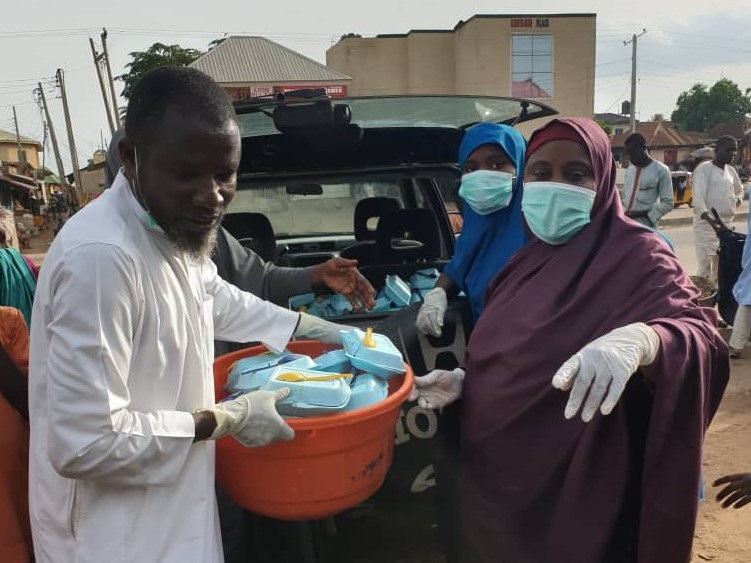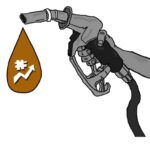The COVID-19 pandemic could almost double the number of people suffering acute hunger, pushing it to more than a quarter of a billion by the end of 2020, the United Nations World Food Programme (WFP) has warned.
The number of people facing acute food insecurity stands to rise to 265 million in 2020, up by 130 million from the 135 million in 2019, as a result of the economic impact of COVID-19, according to its projection.
The estimate was announced alongside the release of the Global Report on Food Crises, produced by WFP and 15 other humanitarian and development partners.
The report underscores the importance of maintaining food assistance programmes.
As countries battened down for a lockdown to prevent the spread of coronavirus pandemic, the World Health Organisation encouraged governments to put in place palliatives to cushion the effect of lockdown on families and incomes.
Several federal, state and corporate programmes have been distributing food and household hygiene projects since the start of the Covid-19 lockdown in Nigeria.
Worst affected
Last year, majority of people suffering food insecurities were in countries impacted by conflict, climate change or other economic crises, according to the Global Report on Food Crises.
- 77 million in countries affected by conflict
- 34 million in countries affected by climate change
- And 24 million in countries affected by economic crises
Nigeria was among the 10 worst affected in 2019, alongside Yemen, the Democratic Republic of the Congo, Afghanistan, Venezuela, Ethiopia, South Sudan, Syria, the Sudan, and Haiti.
The 10 countries account 66 percent of the total population in Crisis or worse.
In a statement, the World Food Programme’s senior economist, Arif Husain, said, “COVID-19 is potentially catastrophic for millions who are already hanging by a thread. It is a hammer blow for millions more who can only eat if they earn a wage. Lockdowns and global economic recession have already decimated their nest eggs. It only takes one more shock – like COVID-19 – to push them over the edge. We must collectively act now to mitigate the impact of this global catastrophe.”

 Join Daily Trust WhatsApp Community For Quick Access To News and Happenings Around You.
Join Daily Trust WhatsApp Community For Quick Access To News and Happenings Around You.


